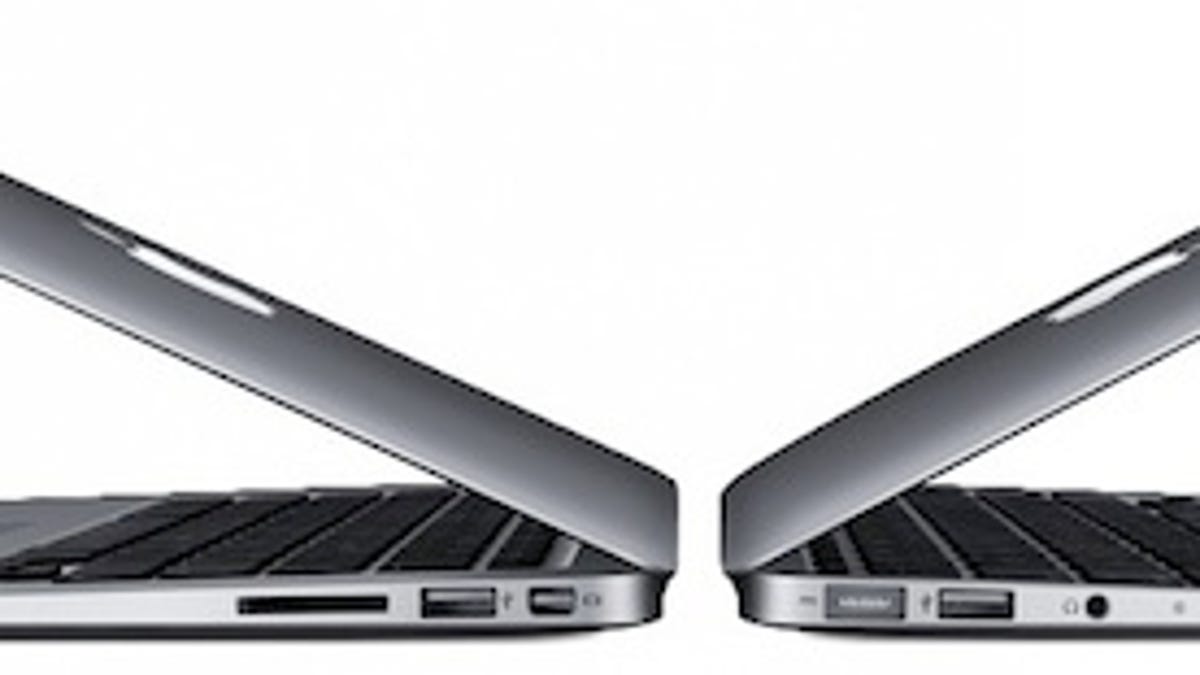MacBook Air, ultrabook chips coming as second Intel launch
You'll have to wait until June for the big wave of Ivy Bridge-based systems to break.

Ivy Bridge chips for laptops like the MacBook Air, the Dell XPS 13 ultrabook, and HP Envy series will come in a second wave, Intel's CEO said today during the company's first-quarter earnings conference call.
"The first versions of Ivy Bridge that we're shipping are quad-cores," CEO Paul Otellini said during the call today. "And then the second launch of the products is the dual core, which is the mainstream notebooks," he added.
The first launch will happen on Monday, the second launch is likely in June. That's the timeframe that a crush of Ivy Bridge laptop announcements are expected.
And some of them, sporting touch screens, will be targeted at Windows 8, Otellini said in response to an analyst's question. "The biggest change, and the one that we're really focused on, is trying to make sure that we intercept the Windows 8 launch with sufficient quantities of ultrabooks that have touch enabled," he said.
He also mentioned that 100 more ultrabook design are on the way. (That's a jump from the last number that Intel threw out there -- 75.)
And Otellini also threw cold water on the ultrabooks-need-to-be-cheap-to-be-successful argument. "I'm not a subscriber that it takes mainstream price points to get us to high volume. I think...that just helps. And what you're going to see is an incredible amount of differentiation from $699 to $1,299," he said.

